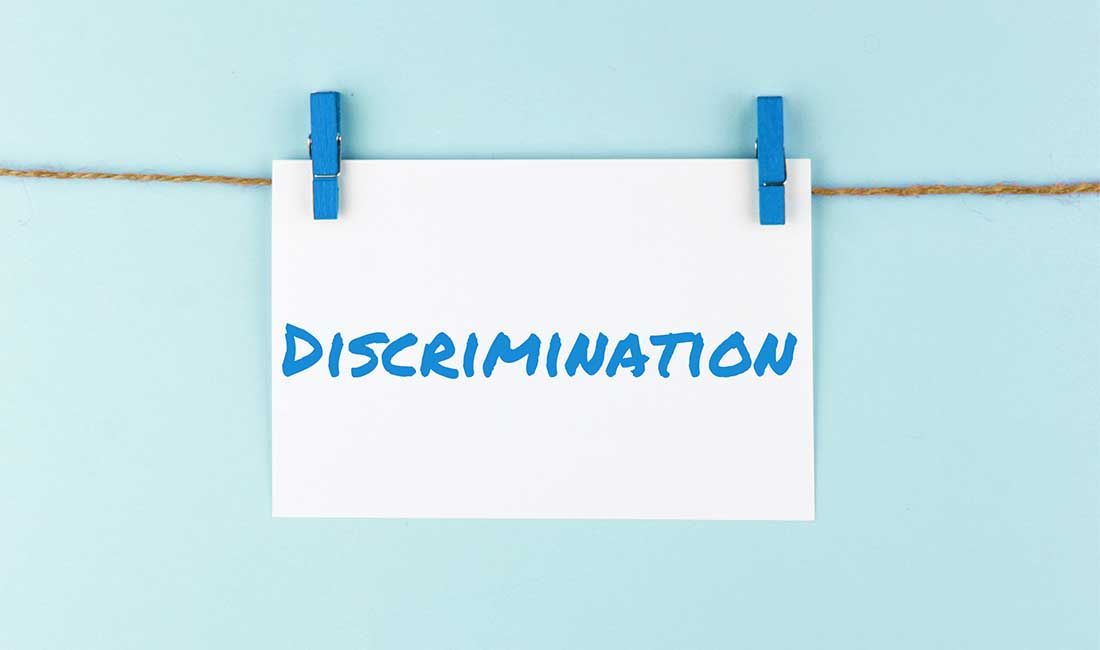No Special Rules for Social Media Misconduct

| W.E.U Admin | Workplace Wellbeing
TAGS: Misconduct, Media Group
Be careful what you say about your workplace and colleagues: there are no special rules when dismissing an employee for social media misconduct. The test remains whether the decision was within the band of reasonable responses available to the employer.
Case Summary
A recent decision of the Employment Appeal Tribunal (EAT) confirms that normal principles apply when dismissing for misuse of social media. In The British Waterways Board trading as Scottish Canals v Smith, Mr Smith was dismissed after Facebook comments from two years earlier—containing derogatory language about his managers and alleging he drank on emergency standby—were submitted to Human Resources.
Employment Tribunal Decision
The Employment Tribunal found unfair dismissal. It accepted Mr Smith’s arguments that:
- His comment about drinking on standby was mere ‘banter’ and factually untrue.
- His privacy settings led him to believe the post was not public.
- Any breach of trust had been ‘repaired’ by two years of incident-free service.
Employment Appeal Tribunal Ruling
On appeal, the EAT overturned that decision, reaffirming that in any conduct dismissal the key question is whether the employer’s choice to dismiss lies within a reasonable band of responses. It held that:
- Even a delayed response or a deliberate search for evidence does not render dismissal unfair if the decision was reasonable.
- Privacy settings are not decisive, given how easily ‘private’ posts can be shared.
Key Takeaways
- There are no special rules for social media misconduct dismissals.
- The fairness test is whether dismissal was within the band of reasonable responses.
- Employers should maintain clear social media policies and follow fair procedures.
Recommended Employer Actions
- Have a clear, communicated social media policy stating that misuse—at work or home—may amount to gross misconduct.
- Investigate complaints thoroughly and without undue delay.
- Follow a fair procedure with a properly convened disciplinary hearing.
- Allow the employee to respond fully to allegations and present mitigation.
- Base any decision on a genuine belief supported by reasonable grounds.
- Provide a right of appeal against dismissal.
Full Case Details
You can read the full judgment here.
Further Reading
- Social Media Discipline Procedures
- Redundancy: What Employers Must Follow
- Previous Post
- Permalink
workersofengland.co.uk | Independent Workers Trade Union
















